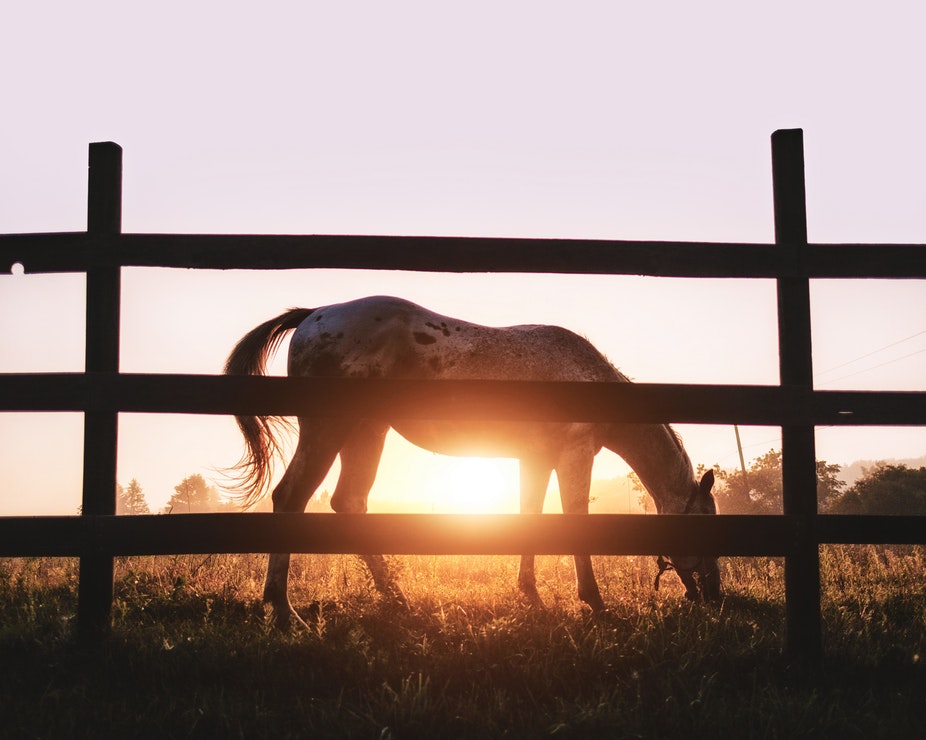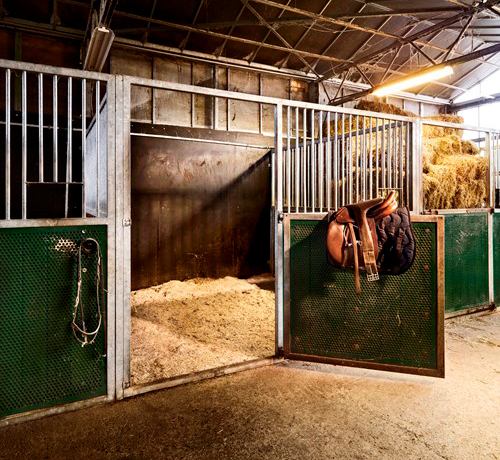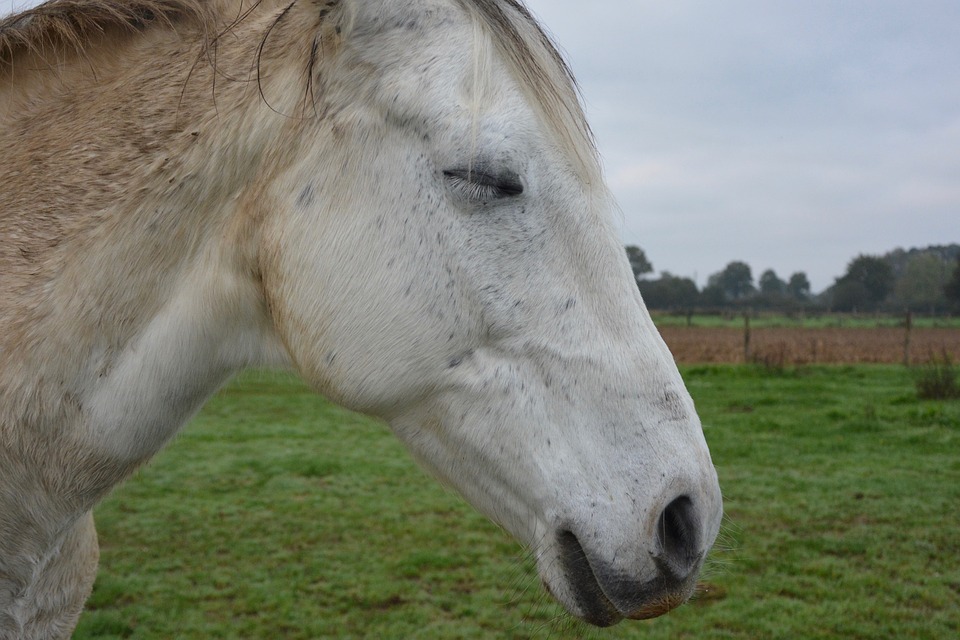When selling a horse for the first time, you’ll likely have a lot of questions. Should you advertise online? How can you tell if a buyer’s legitimate? Are there tax implications?
While some of us keep our beloved ponies for life, many horse owners find themselves in the position of horse seller later down the line.
It’s useful to know the ins and outs of equine sales, as this way you can secure a safe, legal and potentially profitable deal. Most importantly, you’ll find your four-legged friend a good home.
Before you begin, it’s vital to protect your horse and your finances by arranging reliable horse insurance.
You never know when accidents might occur, injuring your horse or a potential buyer and generating bills for which you could be liable.
Equesure can give you peace of mind. We provide bespoke horse insurance that’s tailored to your needs, your horse and a range of budgets, keeping your investment safe and sound.
We’re here to help equine owners, wherever they are on their horse-owning journey. Take a look at our handy guide to selling equines, covering the legal basics, advertising tips, advice on assessing buyers and more.
How do I sell a horse legally?

There are two types of seller: private and business. It’s essential to understand the distinction between the two, as, should you fall into the second category – business seller – you’ll need to operate within the confines of the Sale of Goods Act 1979.
You may have purchased a pony, only to come to the decision that, sadly, the two of you aren’t a good fit. Similarly, you may be selling a horse on to a close friend or family member for personal reasons.
In both cases, many of us would jump to the conclusion that we would be deemed a private seller. However, whether or not you view yourself as an equine dealer, if you’re ‘selling the horse in the course of a business’, you may be legally classed as a business seller.
This may apply if you’re selling to generate a profit, frequently sell horses or have only owned the equine for a short period of time before switching ownership.
Legal horse selling checklist
Whether you’re a business seller or a private seller, you are legally obliged to:
- Ensure you describe your horse accurately to potential buyers, be this in an advert or a verbal exchange.
- Have the legal authorisation to sell the equine or gain permission from the legal owner.
- If you’re not the legal owner, clearly inform all potential buyers.
According to Horse and Hound, business sellers must also verify the pony is ‘fit for the purpose for which it was sold’, matching up with any descriptions given. A clear violation of this would be to advertise and sell a ‘racehorse’ with full knowledge that the animal is unable to race.
Where should I sell my horse?

If you’re planning on personally selling your pony, you need to get noticed with a standout advert.
It’s a good idea to place your listing on a reputable equine-selling website such as Horse and Hound.
This site has large visitor numbers and is the go-to place for legitimate buyers. You could also consider advertising in popular magazines such as Horse and Rider.
8 top tips for an attractive advert
- While it’s good to keep things simple, make sure you include the kind information buyers will be seeking, for example: temperament; fitness level; the reason you’re selling.
- State your equine’s vital statistics: height; breed; age; sex; price; location and contact details.
- Buyers will be put off by an unreasonable price, so offer a fair deal. Look at what similar horses are being sold for before deciding on a price for yours.
- Don’t forget to mention any unique or special features your equine has, for example: a famous dam; beautiful markings; brilliant competition results.
- Include clear, bright and flattering photos of your well-groomed horse.
- If possible, add a first-rate video of your pony in action.
- Proofread your listing, checking for any spelling mistakes.
- Look at the advert from a customer’s perspective – is it a good read and does it sell the horse to you?
How should I assess potential owners?

Any horse lover wants assurances their beautiful four-legged friend is going to a caring, responsible owner.
Aside from advertising honestly, you’ll need to take several safeguarding measures before handing your horse over to a perfect stranger – you can start with a simple Google search of their name.
Request a reference from the buyer’s vet, verifying their credentials and speaking with them on the phone or in person.
If your horse will be housed in a rented facility, obtain a reference from the manager, if possible. Should the buyer plan on keeping your equine on their own land, visit the location to assess its suitability.
Before completing a sale, make sure the terms are written down and a contract is signed by both parties.
Questions you will be expected to answer as a seller
- Do you have the legal right to sell this horse?
- Is your horse insured?
- Can I see/ride the horse?
- Does your equine have all the docuements such as veterinary documentation, breeding information and a current passport?
- Can you provide information regarding details of previous owners?
- Could I have references from relevant figures such as your pony’s vet?
Safe selling

There’s no reason you shouldn’t secure a good deal with a trustworthy buyer. However, before you even consider selling, it’s important to protect your horse and your investment with reliable horse insurance cover.
You can never rule out every risk. Your equine may develop medical issues and require expensive treatment or surgery or a test ride with a buyer could go wrong, exposing you to costly legal problems.
Equesure understands the value of a horse, emotionally and financially. We know what an incredible experience horse ownership can be, which is why we provide first-rate horse insurance designed to fit around equine and owner alike.
Get a quote for horse insurance today.







